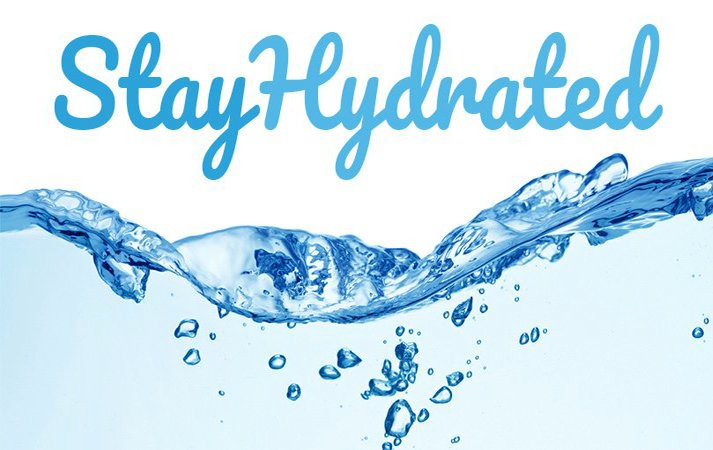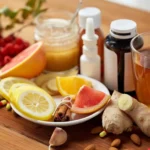Why hydration matters
Water makes up over 60% of your body. It regulates temperature, fights infections, removes waste, and delivers nutrients. It affects sleep, memory, mood, and overall mental function. Early signs of dehydration include constipation, dry mouth, dull skin, fatigue, and headaches.
How much water do we need?
Sarah Adler, MS, RD, at UCLA Health, recommends drinking ½ to 1 ounce of water per pound of body weight every day—adjusted based on your activity level.
Yet, hydration doesn’t come only from drinking water. You can also hydrate with coffee, tea, flavored still or sparkling water, and—importantly—food.
Foods that hydrate
Roughly 20% of your daily hydration comes from the food you eat. Fresh fruits and vegetables with over 80% water content are especially effective. Among them, these 15 foods each have at least 92% water—making them top hydrating choices:
- Cucumber (96%) — Highest water content of any solid food.
- Iceberg lettuce (96%) — Lightweight but hydrating.
- Celery (95%) — Crunchy, hydrating, and fiber-rich; pairs well with nut butter.
- Radishes (95%) — Flavorful, low in calories, adds crunch to salads or slaws.
- Romaine lettuce (95%) — Hydrating and nutrient-dense (vitamins A, C, folate, fiber).
- Tomatoes (94%) — Technically a fruit; rich in lycopene.
- Zucchini & summer squash (94%) — Hydrates both raw and cooked.
- Asparagus (92%) — Same water content whether cooked or raw.
- Bell peppers (92%) — Hydrating; green peppers offer the most water and antioxidants.
- Cabbage (92%) — Hydrating raw; when cooked, water content rises to ~94%; certain types like bok choy reach 96%.
- Cauliflower (92%) — Cooking increases water content slightly.
- Mushrooms (92%) — Eat raw to maximize hydration.
- Spinach (92%) — Great for salads and smoothies; rich in calcium, magnesium, iron, potassium.
- Strawberries (92%) — Sweet, hydrating, fiber-rich, high in vitamin C.
- Watermelon (92%) — Iconic hydrating fruit; also a good source of lycopene.
Read Also: 10 Graceful Ways to Enhance Your Natural Beauty at Home
Takeaway
You don’t need to chug water all day. Incorporate these high-water-content foods into meals and snacks to boost hydration naturally. Pair them with plain water or hydrating beverages to meet your hydration goals.
If you’re unsure about your personal hydration needs, talking with your primary care physician is a good idea.



